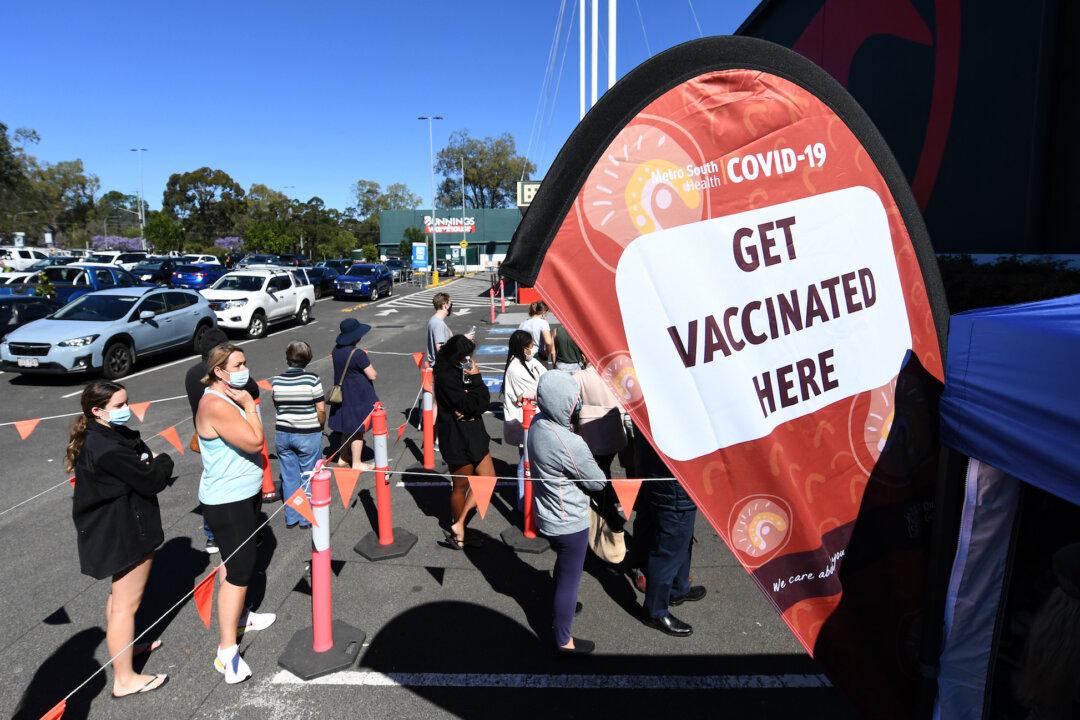The peak industry body in the Australian state of Queensland has said that small businesses should be able to decide if it’s in their best interests to refuse entry to unvaccinated customers and staff.
This comes after the Queensland government outlined its plan to lift COVID-19 border restrictions incrementally for fully vaccinated residents once 70, 80, and 90 percent of the state’s population has been vaccinated.





